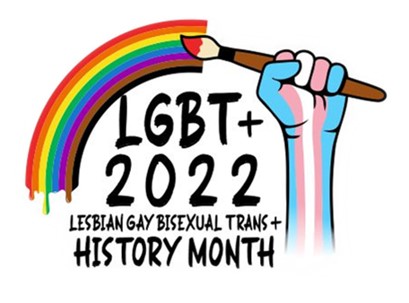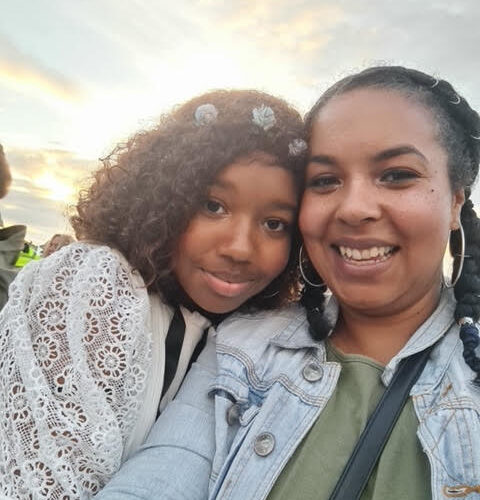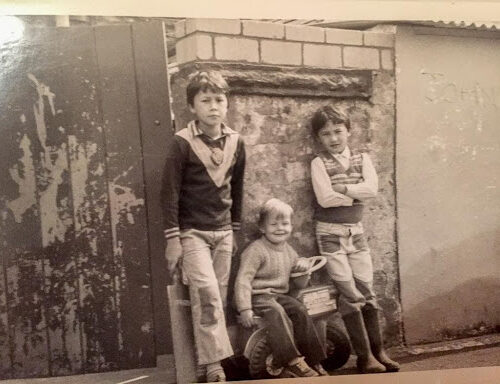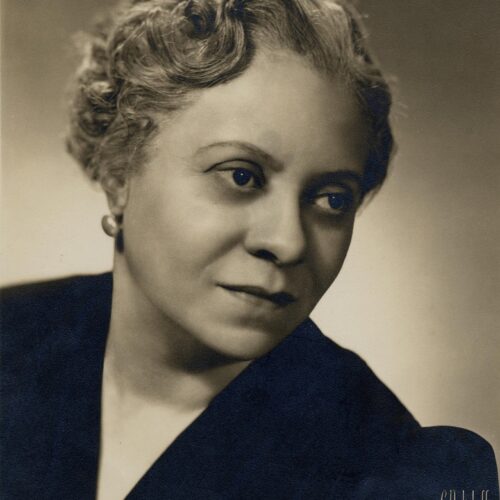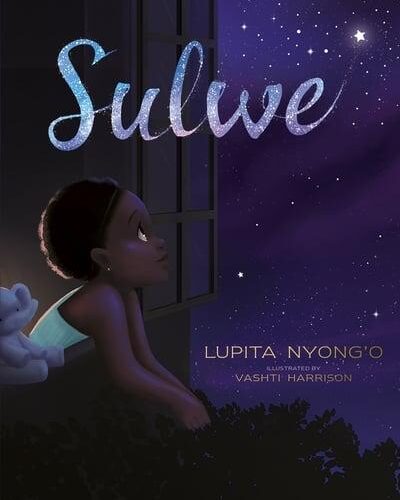#WeAreOCA
The Open College of the Arts' blog
Browsing Category:
Equality & diversity
Open Ears – new podcast from the Open College of the Arts
Posted: 20/12/22 04:10 |
1 Comments
In Open Ears we investigate and celebrate the massive diversity of music making which exists in our world today by talking with musicians from a wide range of artistic traditions and practices about their musical lives, and how they’ve navigated through their careers.
Read More
Student work: Moira Ratmoko
Posted: 27/05/22 09:57 |
4 Comments
Moira Ratmoko recently completed Sculpture 1: Starting out in 3D, on the BA (Hons) Fine Art pathway, creating a wide range of work exploring the boundaries of what sculpture can be. Moira often utilised the human body as a medium, embracing sculpture as a process to engage with the environment through performative actions and temporary installations.
Read More
LGBT+ History Month
Posted: 17/02/22 04:22 |
0 Comments
February is LGBT+ History Month in the UK, a month-long annual celebration of lesbian, gay, bisexual, transgender, and non-binary history.
Read More
Student Stories: Jessica Higgins
Posted: 03/11/21 12:19 |
6 Comments
In my essay for I’m keen to investigate an issue that has bothered me all my writing life. Why are black writers always described, in the media and in publishing, as ‘black writers’ while white writers are simply described as ‘writers’? I also want to just be a ‘writer’.
Read More
OCA Student Association study event: Caroline Cardus, Artist’s talk
Posted: 11/08/21 04:06 |
0 Comments
OCA students are invited to join artist Caroline Cardus via zoom on Sunday 19 September 2021 at 2pm.
Read More
Celebrating Pride with the OCA Student Association
Posted: 09/07/21 12:11 |
1 Comments
A look at how the OCA Student Association celebrated Pride.
Read More
Motivated to work in Equality and Diversity
Posted: 30/10/20 09:28 |
10 Comments
The motivations for my becoming the OCA student representative for Equality and Diversity are deeply embedded in my personal experiences of racial and social class based injustices. I felt that this personal context was important to illustrate my interest and commitment to the role. But equally I wanted to add a real life dimension to the discussion on equality and diversity.
Read More
Equality, diversity and inclusion in music studies
Posted: 26/10/20 09:35 |
5 Comments
I am proud to represent the OCA in the Creative Practice: Composition and Performance working group in the newly formed Equality, Diversity and Inclusion in Music Studies (EDIMS) Network, a cross-organisational group set up to ‘promote, support and share good practice in relation to EDI in Music Higher Education in the UK’
Read More
Black History Month 2020: Creative Arts in conversation
Posted: 19/10/20 09:12 |
0 Comments
When encountered in an art institution like Tate and reimagined in this way, we have no choice but to engage with this darker side. Events of the past few years, such as Brexit and BLM have really started to change that – I think people are noticing public monuments and statuary a lot more.
Read More
A diverse reading list: Starting young
Posted: 15/10/20 09:29 |
5 Comments
In these times when we recognise the need to encourage young people to read, it’s important that children see fictional characters they can identify with. Many readers can remember that feeling when the characters they read about may as well be creatures from Mars, for all they had in common. It used to affect young readers who were working class, for example. But while representations of different social backgrounds have improved in children’s fiction, the same can’t yet be said of ethnicity.
Read More




